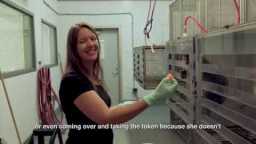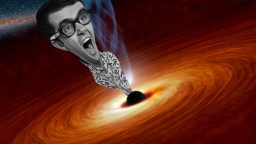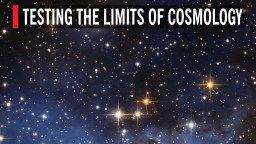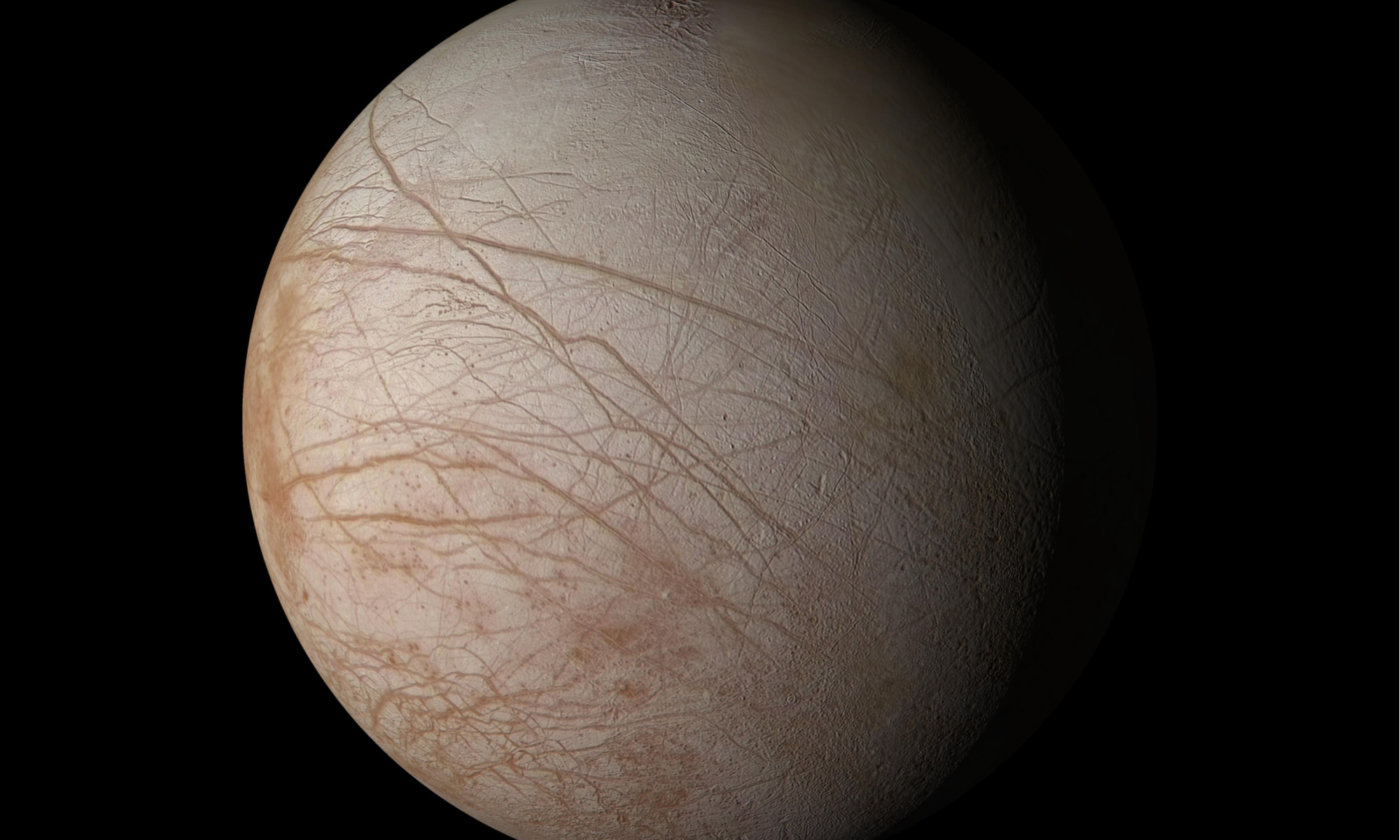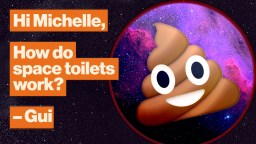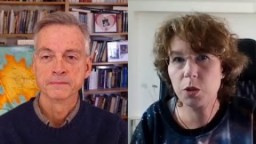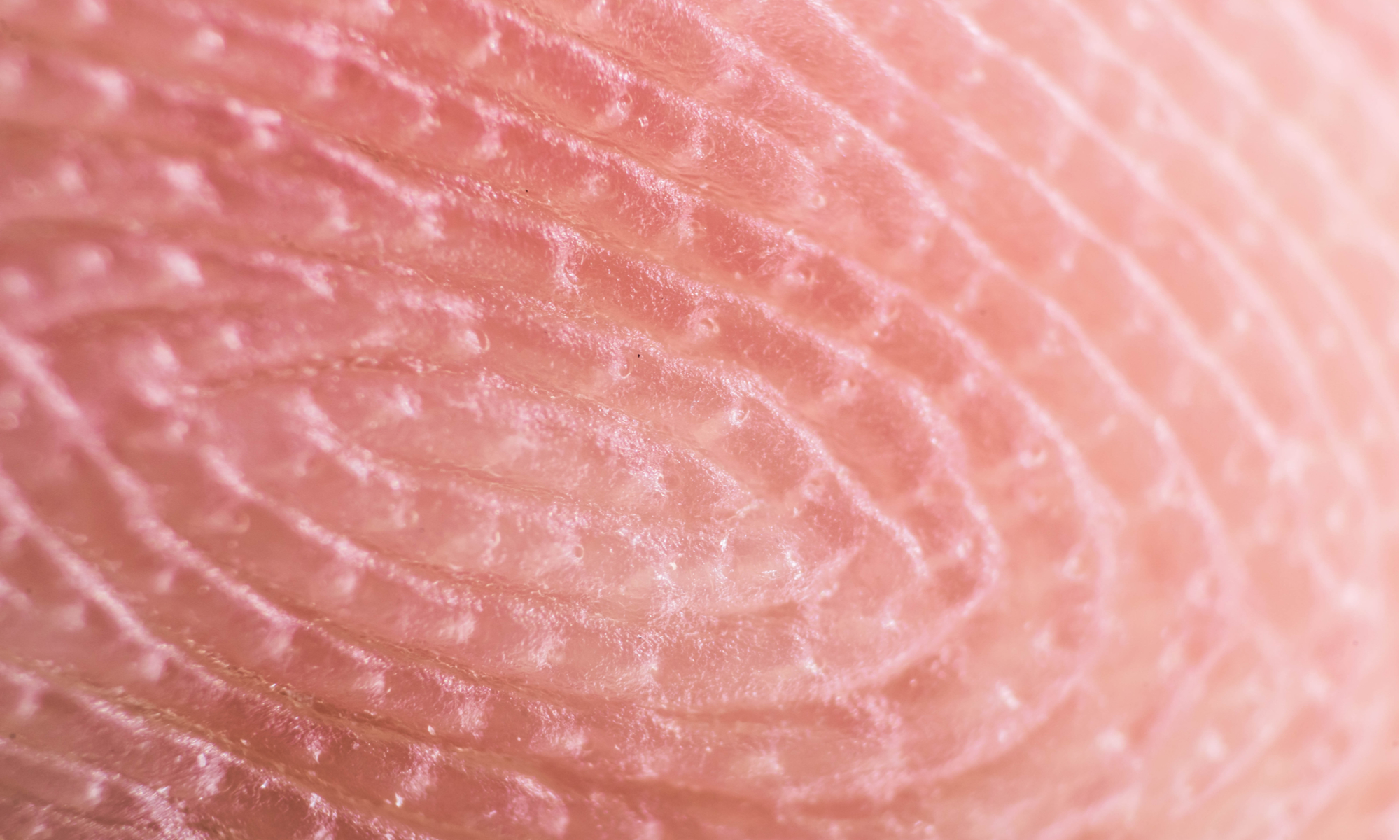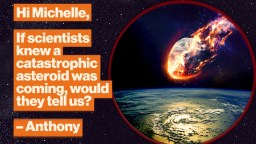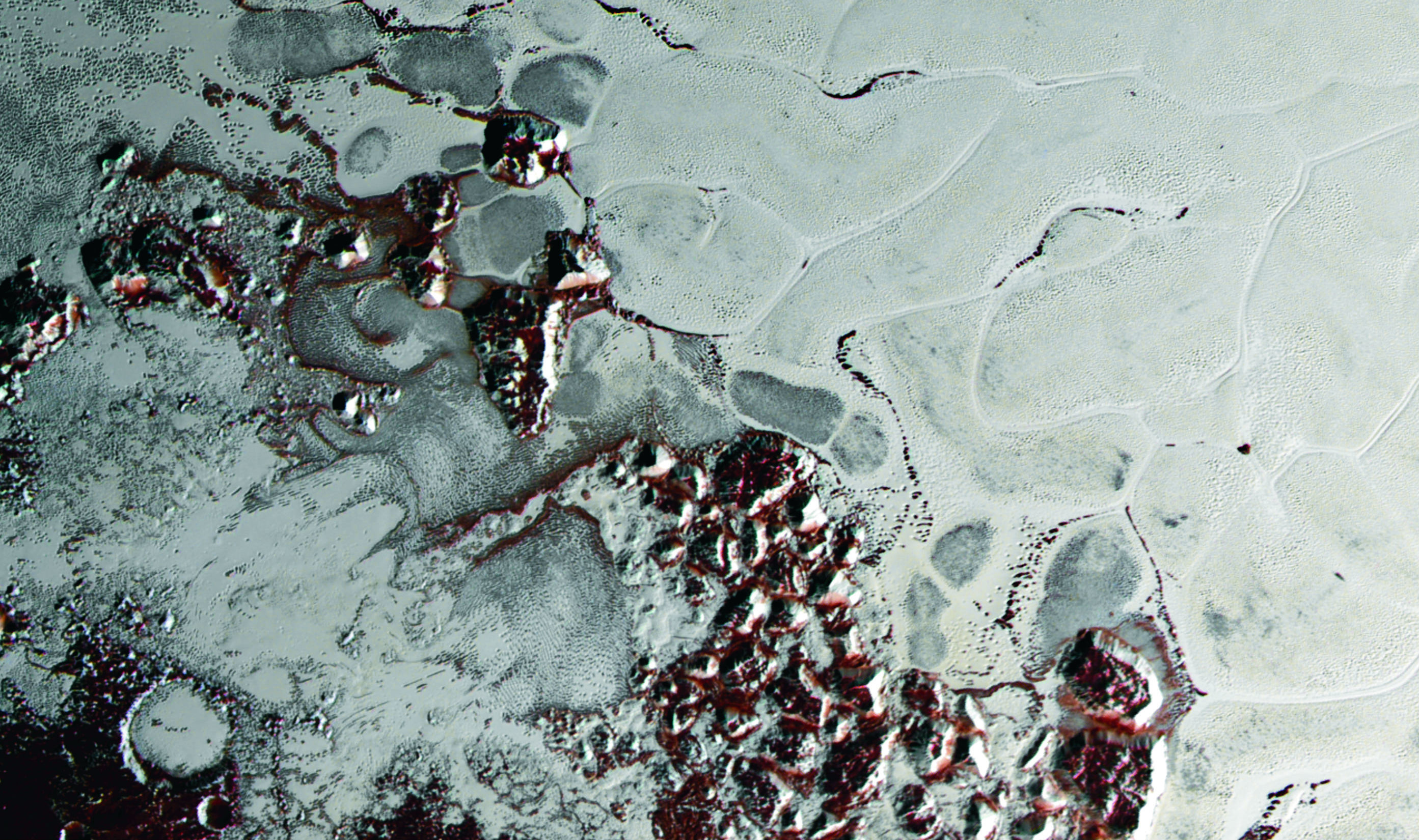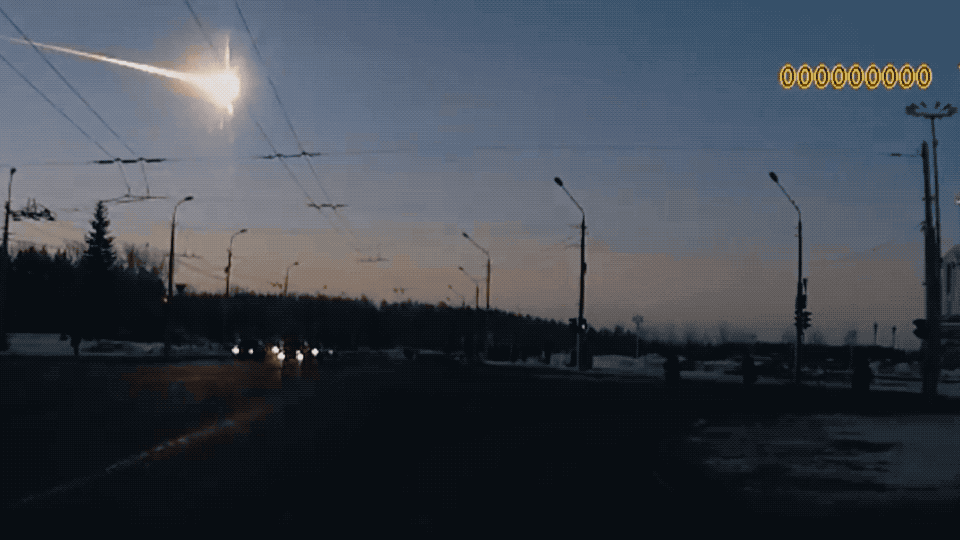Hard Science
All Stories
Some books had a profound influence on Einstein’s thinking and theories.
On Wednesday, Chicago was colder than parts of Antarctica by 10 degrees Fahrenheit.
We spent a day with a primate expert to find out.
▸
with
Getting to close to a black hole is a nightmare waiting to happen.
▸
3 min
—
with
Feel like traveling to another dimension? Better choose your black hole wisely.
Microbes screened with a new microfluidic process might be used in power generation or environmental cleanup.
FOIA release sheds light on the DOD’s own struggle to understand UFOs.
Physicists attempt to answer some of science’s biggest questions about the universe.
▸
with
The meaning—and range—of “habitable” goes much farther than we once thought.
Cosmologists propose a groundbreaking model of the universe using string theory.
A completely unexpected discovery beneath the ice.
A NASA astronomer explains how astronauts dispose of their, uh, dark matter.
▸
2 min
—
with
It has already found several bizarre planets outside of our solar system.
Is this the real life or is it just fantasy? And does it really even matter?
China’s Chang’e 4 biosphere experiment marks a first for humankind.
Talking about climate change doesn’t have to be an argument over Thanksgiving dinner. Some people, though maybe not all, can be persuaded.
The rise of anti-scientific thinking and conspiracy is a concerning trend.
These photos of scientific heroes and accomplishments inspire awe and curiosity.
The end of the world is the main focus of his new book.
“History matters, and we now know that hysteresis is part of the answer,” wrote the author of a recent study.
Proxima Centauri, our closest star, is more than 4 light years away. Reaching it under 10,000 years will be challenging; reaching it with living humans will be even harder.
We knew the Chicxulub crater was massive. We just didn’t know how widespread the damage actually was.
If a doomsday asteroid is set to collide with Earth, you’re going to know about it – whether you want to or not.
▸
3 min
—
with
Between Carl Sagan’s laughter, the brainwaves of somebody in love, and a live theremin concert, humanity has sent a lot of data out into the stars.
From 4 billion miles away, it says a lot about the meaning of time.
Carl Sagan—who first coined the term—was tempted to call them “star-tar.”
That disastrous rock may now looks to have been a Beta Taurid passenger


